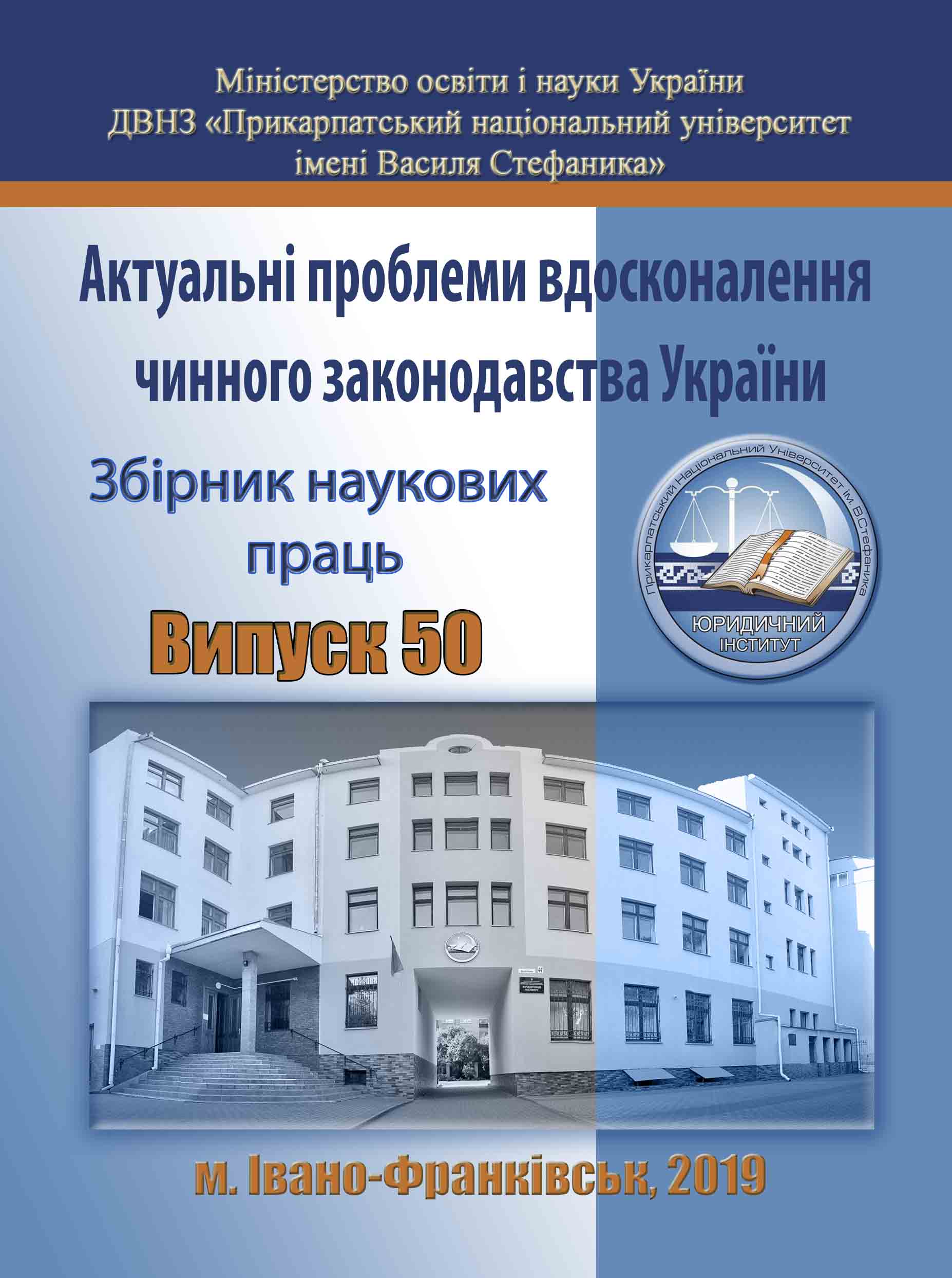Organizational And Legal Conditions For The Realization Of Member’s Right For Information In LLC And ALC
DOI:
https://doi.org/10.15330/apiclu.50.97-103Keywords:
partnership, rights of participants, right to information, corporate rights.Abstract
This article defines the right to information as an important component of the corporate rights of a company member, on the security of which the effective exercise of its other competencies depends. The author states that the right to information is ensured by the statutory obligation of the company to storage a certain list of documents related to the activities of the company. The Art. 43 of the LLC provides a list of documents that the company is obliged to keep such as: documents related to the foundation of the company and the founding documents and changes thereto; documents on creation of branches, representative offices of the company (in case of their creation); documents related to the issue of the securities and documents certifying the ownership of the company to the property; documents regulating the activities of the company bodies and changes thereto (regulations, instructions, etc.); documents related to the work of the bodies of the company (general meeting, executive body, supervisory board): protocols, orders, orders; documents in which the results of the company’s economic activity are directly reflected: annual financial statements, documents of annual reports submitted to the relevant state bodies, accounting documents; documents from third parties regarding the company: audit reports and results of other audit services. As a general rule, the executive body of the company is responsible for keeping the documents, and the chief accountant (if assigned) - for the accounting documents and financial statements.
Due to the latest updates in the legislation of Ukraine, the participant is guaranteed with the right to receive copies of documents required by him from the company. The right to information is also ensured by establishing the responsibility of officials for not providing information or providing false information about the activities of the company. This right is protected by applying to the court for compulsory in-kind performance.


